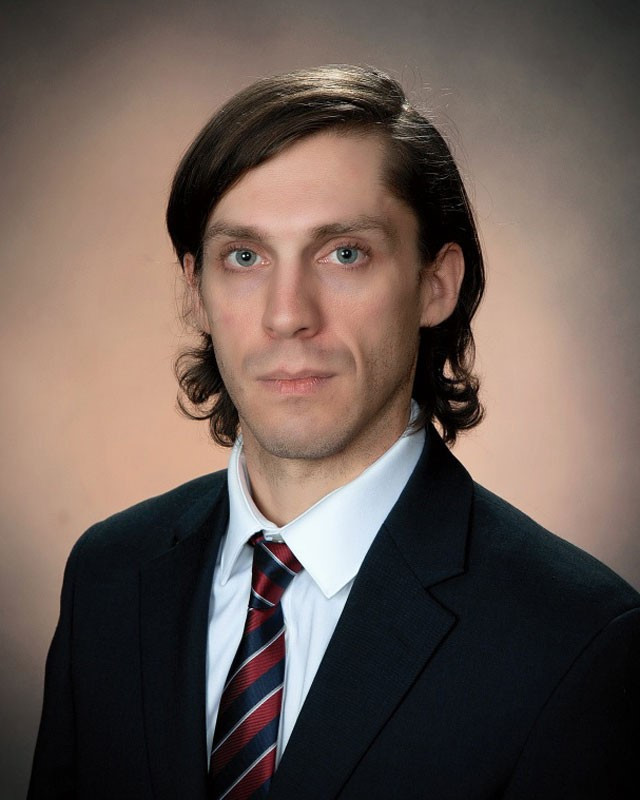Richard Marcil ’21
Assistant Counsel, PA Department of Environmental Protection

Richard Marcil ’21 knew environmental issues would be a significant part of his future legal career, even before he came to Widener Law Commonwealth.
“Before law school, I wrote a master’s degree thesis exploring the history of ecology in the U.S.,” he explained. “I also wrote freelance articles for a solar energy company. I already knew I wanted to do something that actually mattered, as opposed to just getting a paycheck.”
Making a difference remains important to him in his work as assistant counsel for the Pennsylvania Department of Environmental Protection, and credits Widener Law Commonwealth for his success in the field. Marcil said the classes required for the school’s Environmental Law Certificate were critical to helping him understand the broad reach of environmental law, and an internship with an environmental nonprofit confirmed he could pursue his intended career path.
Like many law school students, Marcil had his challenges, primarily juggling work, school, and social obligations. “I worked for most of the time I was in law school, so it was sometimes tough to get all of my reading done. I also struggled with a few specific courses, but I was able to take advantage of my professors’ office hours and the student tutoring system really helped,” he said.
Speaking of classes, the ones Marcil enjoyed most pertained to environmental law, but he also liked many of his first-year courses, including property, civil procedure, and legal methods. Outside of classwork, he founded and ran WLC’s chapter of the Animal League Defense Fund (ALDF) and was active with the Environmental Law and Policy Society (ELPS). He found both organizations were helpful in meeting like-minded students and in raising awareness of environmental law issues.
During his time at WLC, he also worked on several elections-related projects, researching candidates’ positions on climate change, oil and gas drilling, and clean energy. “Those projects were useful for helping students and the public better understand where lawmakers stood in relation to important environmental issues, and I think they also underscored the real-world effects of environmental law and policy and the need for environmental lawyers out in the real world,” Marcil said.
For future and current WLC students, notably those who desire a career in environmental law, Marcil recommends obtaining the Environmental Law Certificate. “It will show employers you’re serious about this field and help you stand out,” he explained. “Even if you end up not going into environmental law, you could use the understanding of administrative and regulatory law that the certificate gives you in other positions.” He also recommends joining an environmental student organization, such as ALDF or ELPS, and, if possible, take part in the environmental law moot court competition. In addition, Marcil urges students to obtain an internship during law school to gain relevant experience in environmental law.
Interview was conducted in Summer 2023.
